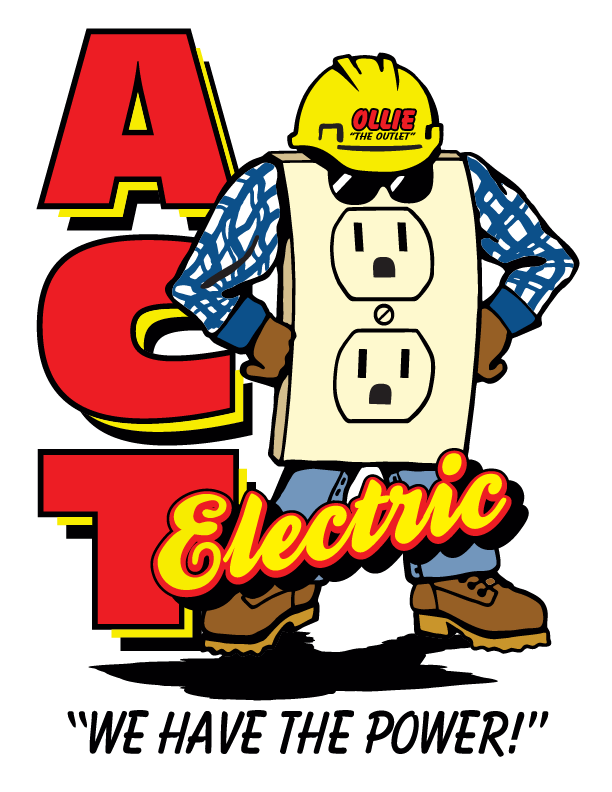Securing Safety in Industrial Settings with Regular Electrical Inspections
Regular inspections can identify potential hazards and end them before they lead to serious issues.
Regular electrical inspections are critical in maintaining safety and operational efficiency in industrial settings. The complexities and high energy demands of industrial environments necessitate a proactive approach to electrical safety. Regular inspections can identify potential hazards and end them before they lead to serious issues. Partnering with a licensed electrician for these inspections is vital to uphold safety standards and secure regulation compliance.
Importance of Regular Electrical Inspections
Electrical systems in industrial settings are subjected to substantial wear due to continuous operation and exposure to harsh conditions. Regular electrical inspections help identify signs of deterioration, such as frayed wiring, corroded connections, and overloaded circuits. Addressing these issues promptly prevents equipment failures, reduces downtime, and enhances safety.
Regular inspections are fundamental in preventing electrical fires. Faulty wiring, overheating components, and other electrical faults are leading causes of industrial fires. A licensed electrician can detect these hazards during routine inspections and recommend necessary repairs or upgrades to mitigate the fire risk. This proactive approach not only protects valuable assets but also safeguards the lives of employees.
Compliance with Regulations and Standards
Industrial facilities must adhere to stringent electrical safety regulations and standards. Compliance with these regulations is pivotal to avoiding legal penalties and maintaining a safe working environment. Routine electrical inspections conducted by a licensed electrician verify that all electrical systems meet the required standards and guarantee that wiring, circuit breakers, and other components comply with current codes and regulations.
A licensed electrician stays updated on changes in electrical codes and standards, ensuring that the facility complies with the latest requirements. This expertise is invaluable in navigating the intricacies of industrial electrical systems and ensuring that all safety measures are in place.
Preventing Equipment Failures
Electrical systems are the backbone of industrial operations, powering machinery, lighting, and other essential equipment. Equipment failures due to electrical issues can result in significant downtime and financial losses. Regular electrical inspections help prevent these failures by identifying potential problems before they escalate.
During an inspection, a licensed electrician will check for signs of wear, loose connections, and other issues that could lead to equipment malfunctions. Early detection and repair of these problems ensure that machinery and equipment operate smoothly, minimizing disruptions to production and maintaining productivity.
Enhancing Energy Efficiency
Regular electrical inspections contribute to energy efficiency in industrial settings. Well-maintained and fault-free electrical systems operate more efficiently, reducing energy consumption and lowering utility costs. Inspections can also find areas where energy is wasted, such as inefficient lighting, motors, or heating systems.
Based on the inspection findings, a licensed electrician can recommend energy-saving upgrades and improvements. Implementing these recommendations enhances energy efficiency, supports sustainability initiatives, and reduces the facility's carbon footprint.
Protecting Employees
Employee safety is paramount in industrial settings, where electrical hazards pose serious risks. Regular electrical inspections protect employees from electrical shocks, burns, and other injuries. Inspections help identify and rectify potential hazards, such as exposed wiring, faulty grounding, and inadequate insulation.
In addition to addressing physical hazards, regular inspections contribute to a culture of safety within the facility. When employees see that the company prioritizes electrical safety through regular inspections, they are likelier to adopt safe practices and report potential hazards. This collaborative approach to safety enhances overall workplace morale and reduces the likelihood of accidents.
Documenting and Tracking Inspections
Maintaining detailed records of electrical inspections is essential for tracking the electrical system's condition and planning maintenance activities. Documentation includes the inspection date, findings, and any corrective actions taken. These records provide a valuable reference for future inspections and help identify recurring issues requiring more extensive solutions.
A licensed electrician can assist in creating and maintaining a comprehensive inspection log. This documentation helps with internal tracking and demonstrates compliance with regulatory requirements during audits and inspections by authorities.
Planning for Future Upgrades
Regular electrical inspections provide insights into the industrial facility's long-term needs. As technology advances and the facility's electrical demands evolve, upgrades and improvements to the electrical system may be necessary. Inspections help identify areas where upgrades are needed to accommodate new equipment, enhance capacity, or improve safety.
Planning for future upgrades based on inspection findings verifies that the electrical system can support the facility's operations. A licensed electrician can provide expert guidance on the most effective upgrades and help develop a phased implementation plan to minimize disruptions.
Regular electrical inspections are necessary for maintaining safety, compliance, and efficiency in industrial settings. Partnering with a licensed electrician for these inspections guarantees that potential hazards are identified and promptly addressed, protecting employees and assets.

